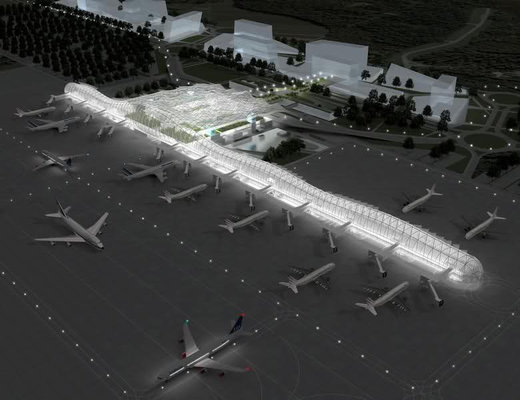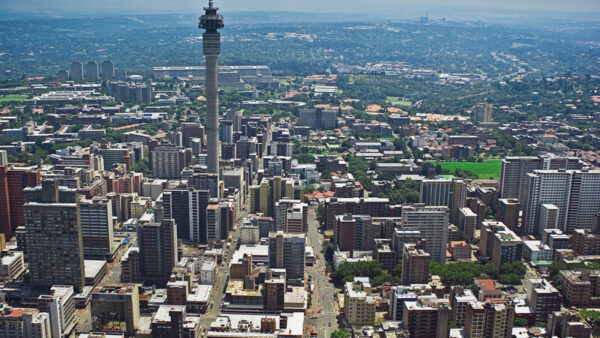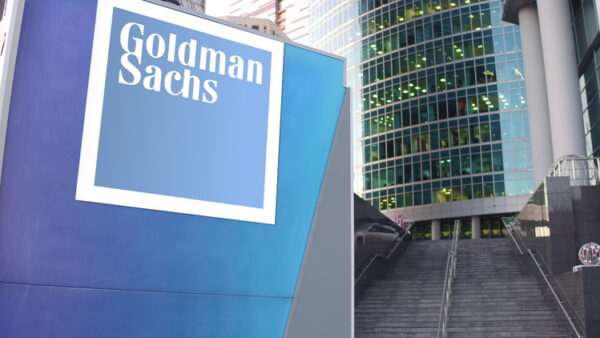5 March 2014
The French construction giant Bouygues last week posted a net loss of $1bn for 2013 as a result of a $1.9bn writedown on its stake in train and turbine maker Alstom. In the previous year it had made a net profit of $870m.
Bouygues said the decision to reduce the book value of its 29.5% holding in Alstom was the result of the “persistent weakness in demand for thermal power plants” which was “weighing on its outlook for free cash flow and operating margin”.
Shares in Alstom have lost 40% of their value over the past year.
Bouygues said the writedown will not affect the group’s cash position or operating performance.
During 2013, the company’s turnover fell 1% to $46bn, as a decline in its telecom arm was offset by rising revenue at its construction businesses. Rising profitability at its construction units has allowed Bouygues to improve its operating profit 12% to $1.7bn.
The company reported the order book for its construction businesses stood at $38bn at the end of December, a rise of 22% over the past three years. The company commented: “This achievement underlines the group’s competitiveness and its strong and selective international presence. Half of the order books at Bouygues Construction and Colas is to be executed in international markets.”
It added: “Bouygues Construction recorded an excellent level of order intake at $16.2bn, including contracts for the Tuen Mun-Chek Lap Kok tunnel in Hong Kong, the L2 bypass in Marseille and Zagreb airport in Croatia.
Sales at its telecom unit were hit by competition from its rival Iliad. Despite cutting its prices to match offers from Iliad and the other operators, Bouygues lost 108,000 customers during the year. It’s revenue fell 11% to $6.4bn, a second consecutive annual decline.
Alstom troubles
Alstom today announced that it was planning to cut about 3,000 jobs in Europe as part of an industrial restructuring plan. The cuts are to come from the firm’s Power Turbo-Systems division, which employs about 11,000 people.
Alstom is struggling with debts of £3.5bn. Last month it conceded that a year-old turnaround plan had failed and announced plans to sell its profitable energy transmission and distribution division and industrial gas turbine business to prop up its balance sheet.

Bouygues’ construction results were lifted by Zagreb airport’s $333m terminal, designed by Croatian architect Kincl, Neidhardt & Radic (Kincl, Neidhardt & Radic)
The engineer’s financial straits prompted the French media to speculate that the French government was considering a partial nationalisation of the firm. This provoked a press release from Alstom on Monday denying the rumours and reiterating the management’s confidence in its strategy.
It said: “Patrick Kron, Alstom chairman and CEO learned about rambling articles published by some branches of the media, on his arrival in China. He reminds the press that Alstom has a clear strategy, based on its growth on international markets, the promotion of its technologies and its operational excellence. Its fundamentals are solid with leading positions for the majority of its activities as notably demonstrated by its order backlog of more than $70bn (representing more than 2.5 years of sales).”
Ten years ago, Nicolas Sarkozy’s government stepped in to save Alstom after it made a loss of $2.5bn in the 2003/04 financial year. The company was seen as a French “champion” in heavy engineering, and its rescue became a matter of national pride.
UK arm fined for safety breach
Meanwhile, Bouygues’ UK contracting arm was last week ordered to pay £250,000 in fines and costs after a worker was killed by a concrete beam at a hospital construction site in Essex.
Chelmsford Crown Court heard that the victim, a Portuguese banksman called Guilherme de Oliveira, was fixing beams across supporting towers to form part of the concrete structure at the Broomfield Hospital in Chelmsford on 10 November 2008. The beams were being lifted from ground level to the work area by a tower crane when a gust of wind caused one to slip and crush Mr de Oliveira.
The Health and Safety Executive argued that Bouygues was guilty of inadequate planning and supervision of the work. “Had a suitable management procedure been in place and followed there would have been the opportunity to properly consider the deteriorating weather conditions and then take the tower cranes out of operation,” it said.
Speaking after the hearing, HSE Inspector Dominic Elliss, said: “Although the judge was not satisfied that the company’s failings were a direct cause for Mr de Oliveira’s death, he said there was a systemic failure where a risk of serious injury was foreseeable.”






